In 2012, BBC’s Horizon did a documentary called ‘Eat, Fast and Live Longer’ in which the host, Michael Mosley, goes over a few ideas on how people live their lives and achieve great health and longevity.
He talks to a 101-year-old marathon runner (ok, walker/jogger, but still…), talks to scientists about how high-calorie diets can age us, and finally tries out the 5:2 diet and shows the results.
With the diet, he gets his blood tested before as a benchmark, then goes on for 5 weeks of the diet. The results show a better blood test, and him losing weight. I won’t get into the details, but just watch the documentary below and see for yourself.
Another of the interesting parts in this Horizon diet documentary include people who eat extreme nutrition (to the point of peeling apples just to eat the peels) and have an 11% body fat indicator (which is close to extreme professional athletes).
The science behind this shows that the 5:2 intermittent fasting diet, as opposed to continual low-calorie diets, is better for your health, and probably have better results over time.
Watch It Now…
Watch the BBC diet documentary now… click here to watch it.
And don’t forget to check out the 5:2 FastDiet Book on Amazon for more info!
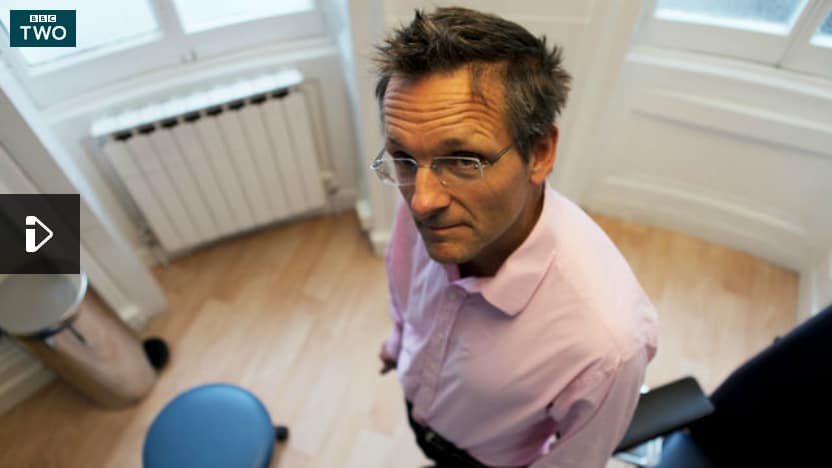
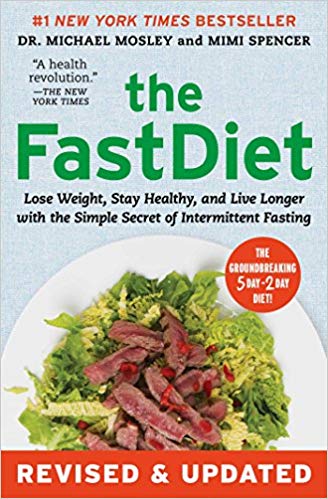
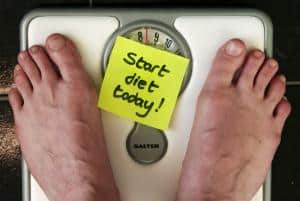

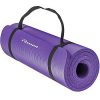







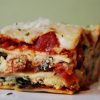




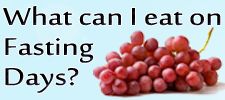
Hi, was his diet on consecutive or non consecutive days
Hi Kevin
Dr Michael Mosley recommends doing the 5:2 fasting diet on non-consecutive days to get the most out of it.
If you intend to do fasting on non-consecutive days (eg, on Mondays & Thursdays), you would start your fasting the day before (eg. 8pm Sunday night before you go to bed), and end the following day (eg. 8am Tuesday morning). This means you would effectively be fasting for 36 hours each time on non-consecutive days (x2 for twice a week = 72 hours).
However, if you did it on consecutive days (eg. Mondays & Tuesdays), you would start on Sunday night, and go through to Wednesday morning, which would be 60 hours.
There are also other reasons which Dr Mosley explains in the video, so make sure that you check it out.
All the best
Sarah